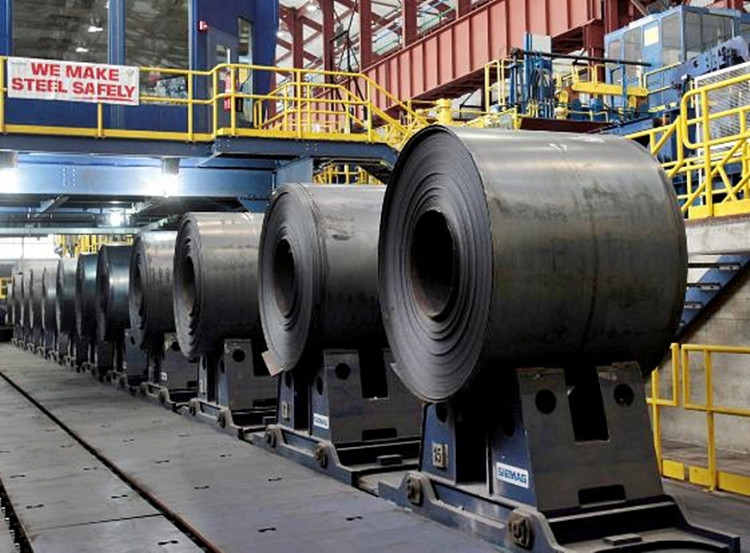A recent report published on Wednesday revealed that despite tariff boost granted by the Trump administration, U.S. steel earnings still underperformed. In order to counteract the effects of the trade war, the United States government agreed to boost U.S. steel products by lifting tariffs on aluminum and foreign steel imports.
The steel company reported a net income of $592 million on a $3.69 billion in revenue during the fourth quarter of last year. Its total revenue fell a tad shy of what many analysts have expected which is around $3.75 billion. As a result, earnings per share also dropped quite significantly. Regarding its full annual fiscal performance, U.S. steel reported a net profit of $1.12 billion on total annual revenue of $14.18 billion.
Due to this under par performance, U.S. Steel share prices dropped by nearly 7 percent after the close of the trading day.
A number of American steelmakers have greatly benefited when the United States government decided to slap massive tariffs on imported steel. Because of this tariffs, the government was able to decrease competition and allowed local producers and manufacturers to raise their prices.
Following the government's decision to issue tariffs, especially on imported steel, U.S. Steel decided to ramp up its production in the company's facility in Granite City, Illinois. The company also bought back $300 million in shares in order to reallocate back to its assets. These decisions, at that time, were seen by many analysts as a strategy to drive sales through the country's energy industry.
On average, the company's share went up by nearly 22 percent. While this looks like a highly positive growth, it is well below the price compared to its level when the Trump administration started imposing tariffs on imported steel during the early part of 2018.
Some analysts agree that the decision to impose tariffs on imported steel was part of the strategy of the United States to revitalize its domestic steel industry. When viewed on a statistical point of view, the tariffs did not at all improve domestic steel prices, instead, it just helped stabilize its price. Some analysts have noted that while the tariffs did help the local steel industry, the slowing global demand for steel may have played a far bigger role in keeping the price of steel as it is today.
Seaport Global Securities research analyst Derek Hernandez said in a statement, "How it plays forward has more to do with economic results and forecasts for China."





